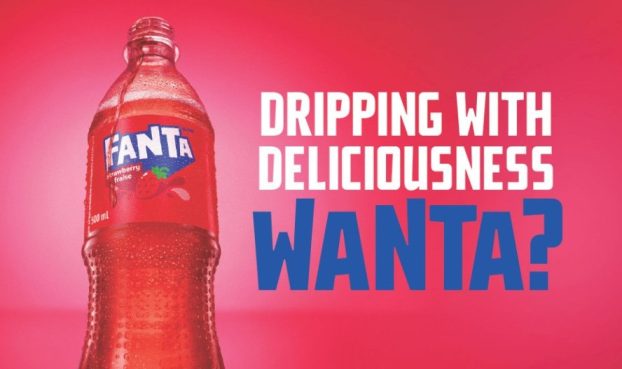Imperial Tobacco of Montreal is poised take a run at the lucrative u.s. market for the second time with the introduction next month of a new brand that will be positioned as a 100% natural tobacco product.
The new brand, Mercer, will be launched in the Portland, Ore. area mid-September.
Michel Descoteaux, director of public relations for Imperial, says Portland was chosen because it is big enough to be representative of u.s. urban centres but small enough to allow for better management of the market test. He says research also indicated that Portland was a market where a no-additive product would have particular appeal.
Rather than using one of its tried-and-true Canadian brands, such as du Maurier or Matinee, Imperial Tobacco decided to develop a new brand because the company wanted to distinguish the u.s. product from its Canadian lineup, according to Descoteaux. There were also some trademark constraints influencing the decision-making process, he says. For example, the trademark for one of its major brands, Player’s, is owned in the u.s. by Philip Morris.
Descoteaux says Mercer’s 100% natural tobacco/no additives characteristic is expected to appeal to u.s. smokers because of the societal trend towards light and natural products.
He concedes that backlash from investigations into the boosting of nicotine levels by some u.s. tobacco companies could also serve to strengthen the appeal to the public of a 100% natural tobacco brand.
The issue of additives in American cigarette products was thrust to the forefront when, in 1995, an ex-Brown & Williamson Tobacco employee went public with claims that his former employer was manipulating tobacco to enhance its addictive qualities.
Undaunted by their public flogging, or perhaps because of it, u.s. tobacco manufacturers are suddenly discovering the appeal of 100% natural tobacco.
Earlier this month, R.J. Reynolds Tobacco of Winston-Salem, n.c. launched a new 100% tobacco version of flagship brand Winston as the ‘true taste’ cigarette.
The national marketing campaign includes three-page ads in a broad range of magazines. The ads point out that the top 10 u.s. non-menthol brands contain a minimum of 6% additives while new Winstons don’t.
Carole Crosslin, pr representative for the Winston brand, says the repositioning of the brand was based on a successful year-long test of the product in the state of Florida.
She says the campaign establishes a strong attitude for Winston as an authentic brand with personality.
‘We think the positioning places Winston directly within an emerging trend within this country toward authentic products,’ she says, adding that this is evident in the trend towards 100% cotton fabrics and real leather products.
Crosslin says the decision to remove all additives from Winston was not due to any adverse publicity but because there is a difference in the taste of 100% tobacco versus a cigarette that contains flavorings such as sugar, cocoa or licorice.
Mercer, the Imperial Tobacco entry, will be available in both regular and light versions, and packaged in two format sizes kings and 100s in Canadian-style hard packs.
Print advertising for the launch has been created by the company’s Canadian agency, Armada Bates of Montreal, and begins the week of Sept. 29.
Imperial Tobacco is currently looking to hire a consultant to undertake a review for a u.s. agency. Descoteaux says Bates Worldwide will be one of the agencies in the running for the account.
This is not the first u.s. test for Imperial Tobacco. Descoteaux says the company introduced a fine-cut tobacco product for roll-your-own cigarettes into the Buffalo, n.y. area in 1995. The test for Imperial Special Blend was discontinued last year because sales volumes were well below expectations. Descoteaux says the failure came about because the roll-your-own category is almost non-existent in the u.s. compared to Canada.
In spite of withdrawing from the market, Descoteaux says the company learned a lot from the test, including the fact that u.s. consumers who tried the product liked the taste, and that being a foreign manufacturer was not considered an impediment when dealing with consumers or the trade.
The company d’es export some of its Canadian tobacco brands into the u.s. for the Canadian tourist market.
The Imperial Tobacco brand lineup includes Player’s, du Maurier and Matinee.























